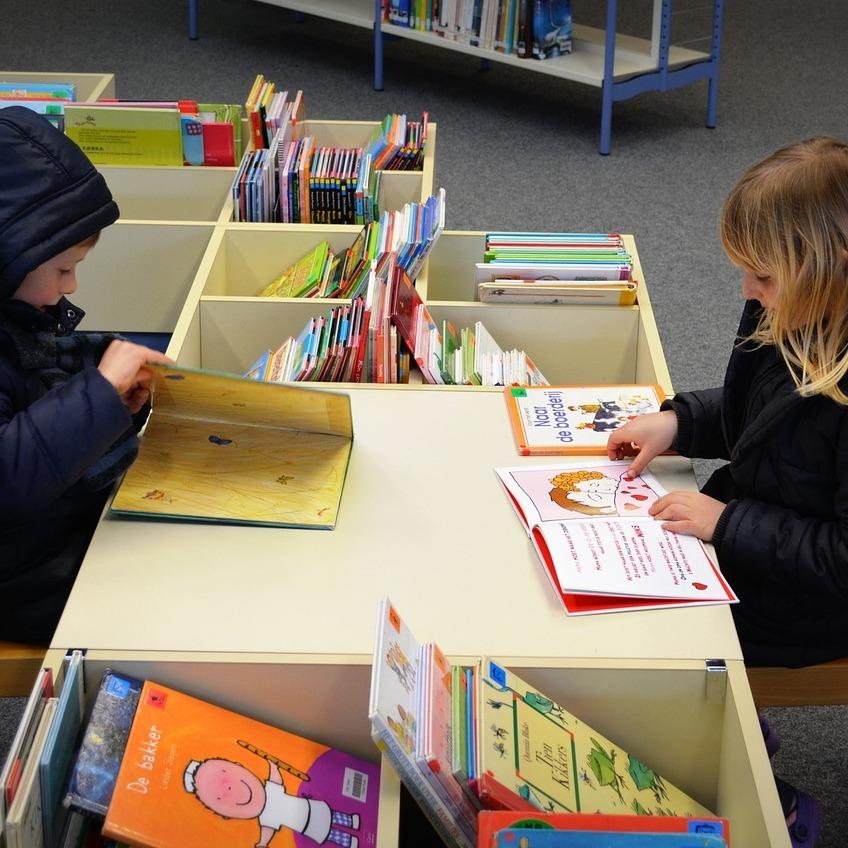 Closing the poverty-related gap in literacy attainment between the most and least deprived children is a key priority of the Scottish Government. Recent figures reveal that the gap is proving resistant to change (OECD Programme of International Student Assessment (PISA), 2015; Scottish Survey of Literacy and Numeracy, 2017). The goal of this programme was to create more opportunities in Scotland for multidisciplinary exchange between academic researchers, policy-makers, practitioners and communities in order to tackle this attainment challenge. The need for this type of exchange between existing hubs of knowledge in Scotland has been highlighted by the OECD (2015).
Closing the poverty-related gap in literacy attainment between the most and least deprived children is a key priority of the Scottish Government. Recent figures reveal that the gap is proving resistant to change (OECD Programme of International Student Assessment (PISA), 2015; Scottish Survey of Literacy and Numeracy, 2017). The goal of this programme was to create more opportunities in Scotland for multidisciplinary exchange between academic researchers, policy-makers, practitioners and communities in order to tackle this attainment challenge. The need for this type of exchange between existing hubs of knowledge in Scotland has been highlighted by the OECD (2015).
With this in mind, our programme was designed with the following aims:
- To break down disciplinary barriers in relation to the poverty-related attainment challenge in literacy
- To explore and evaluate multidisciplinary methods of language and literacy support in Scotland
- To unpack approaches and attitudes to literacy engagement among Scottish children and their families.
The programme brought together researchers, policy makers, education leads, practitioners, parents, librarians and third-sector organisations dedicated to supporting language and literacy and closing the attainment gap.
The project established a new Scottish Interdisciplinary Language and Literacy network, which provides an inclusive forum for engagement to raise awareness and understanding of spoken and written communication skills.
Read the team's presentation of their project on the SUII blog